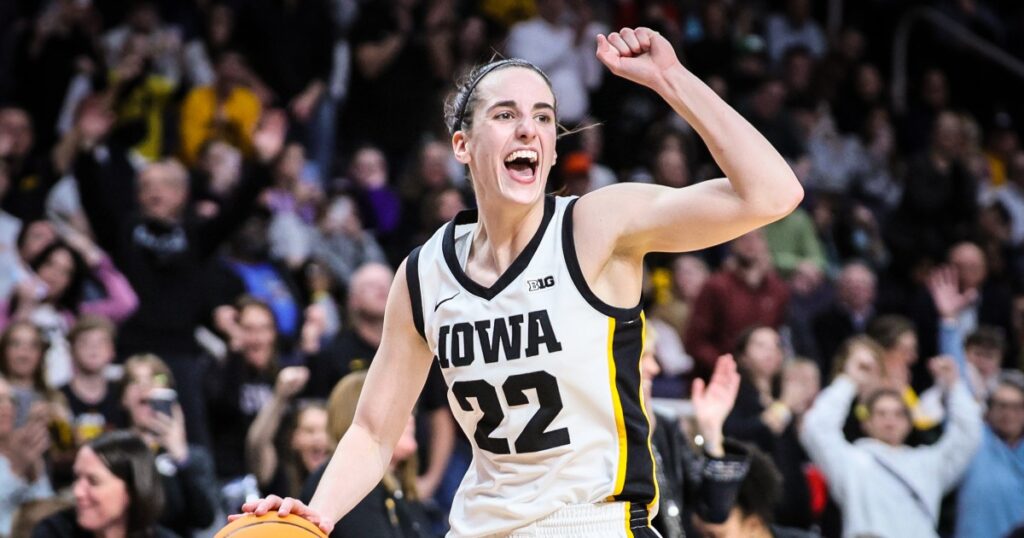College basketball stars such as Caitlin Clark and Angel Reese have captivated sports fans everywhere with their skill and determination, but their meteoric rise is also shining a spotlight on the NCAA’s name, image and likeness policy that allows student-athletes to make money from their personal brand.
Ever since a landmark decision by the Supreme Court in 2021 paved the way for athletes to monetize their brand and pursue “education-related benefits,” the federal government has done nothing to provide structure or guardrails for how that would work.
Some 30 states have passed their own name, image and likeness (NIL) laws, while a series of court decisions have raised questions about what universities can and cannot do in the recruitment process.
The resulting vacuum has been filled by “collectives,” or third-party organizations formed by deep-pocketed donors and school supporters who can pool money and offer NIL deals to athletes — in some cases effectively creating a bidding war.
The chaos that’s ensued has rankled the likes of Alabama football coach Nick Saban, who voiced his support for traditional NIL opportunities but railed against this “pay for play” model at a congressional roundtable last month.
“I don’t think that’s the spirit of college athletics,” Saban told the panel, which was hosted by Texas Sen. Ted Cruz. “I don’t think that’s ever been what we want the spirit of college athletics to be.”
Since the Supreme Court’s 2021 decision in NCAA v. Alston, many student-athletes have seized on lucrative opportunities that use their name, image or likeness. Iowa’s Clark has inked deals with State Farm, Nike and Gatorade, among others. But despite the intense spotlight for the biggest names, the reality is there are approximately half a million athletes competing under the NCAA and tens of thousands who stand to benefit from making connections and earning money from their NIL rights.
For Bailey Ortega, a…
Read the full article here





